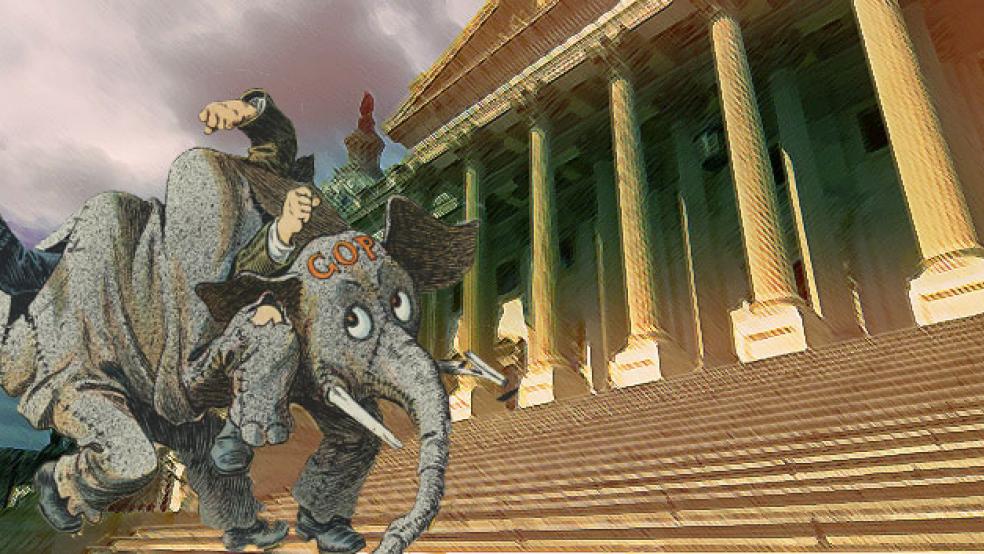The United States spends something approaching half a trillion dollars every year on various programs that are calibrated, using data generated by the U.S. Census Bureau, to account for the number of people in a given state, county or municipality, their level of need, and other statistics vital to understanding where taxpayers’ money should go, and in what volume.
A budget proposal pending before Congress, however, would cut $238 million from the administration’s Census budget request next year, potentially crippling the one agency charged with making the measurements necessary to see that the money we spend gets spent in the right place.
Related: Both Sides in Obamacare Fight Slam Census Bureau
It might seem obvious that a key element of fiscal responsibility is knowing exactly where the money Congress spends is going, but the House Appropriates Committee has opted to treat the Census Bureau – which helps provide that knowledge – as a fiscal grab bag, stripping of funding in a series of amendments sending its funding to different programs.
Among one of the many programs that might be curtailed is the American Community Survey. The ACS is designed to eliminate the “long-form” census questionnaires that used to be distributed to one in six households every ten years, and which asked far more detailed questions than the general census.
The ACS is now a continuous effort, gathering data from Americans on a rolling basis every month, and providing insight into how the population is changing, in terms of both its racial and ethnic composition, and multiple economic factors.
Multiple business groups, social services agencies and academic institutions have objected to the slashed Census spending, much of which is meant to help the agency prepare for the 2020 decennial census.
Related: Americans Move for Many reasons, But Rarely to Flee High Taxes
“The cuts threaten the accuracy of the 2020 census, which will help determine the apportionment of congressional seats and drive redistricting decisions,” wrote Arloc Sherman of the Center on Budget and Policy Priorities. “They also threaten the accuracy of the ACS, the nation’s main source of state and local data on affordable housing, household income, poverty, race, state-to-state migration, immigration, types of disabilities of local residents, and scores of other major topics.”
The funding cuts, though, are not the only threat to the data-gathering agency. The House also adopted a bill making compliance with the ACS voluntary.
This upset critics on two counts. First of all, answering the census had been, since the beginning of the Republic, a requirement. Second of all, it will increase costs dramatically for an agency already looking at budget cuts.
Related: Today’s Older Couples – Money-Focused and Unmarried
The concern raised by the Republicans pushing the voluntary response proposal is that the ACS is intrusive and unnecessary.
The question is whether the amount of privacy surrendered by citizens completing the ACS is significant, and whether allowing it to be withheld serves a higher public interest.
Top Reads from The Fiscal Times
- Why Cantor’s Loss is Bad News for the U.S. Economy
- How Tribal Politics Is Undermining Our Democracy
- Dems Propose Social Security Expansion…and a New Tax





